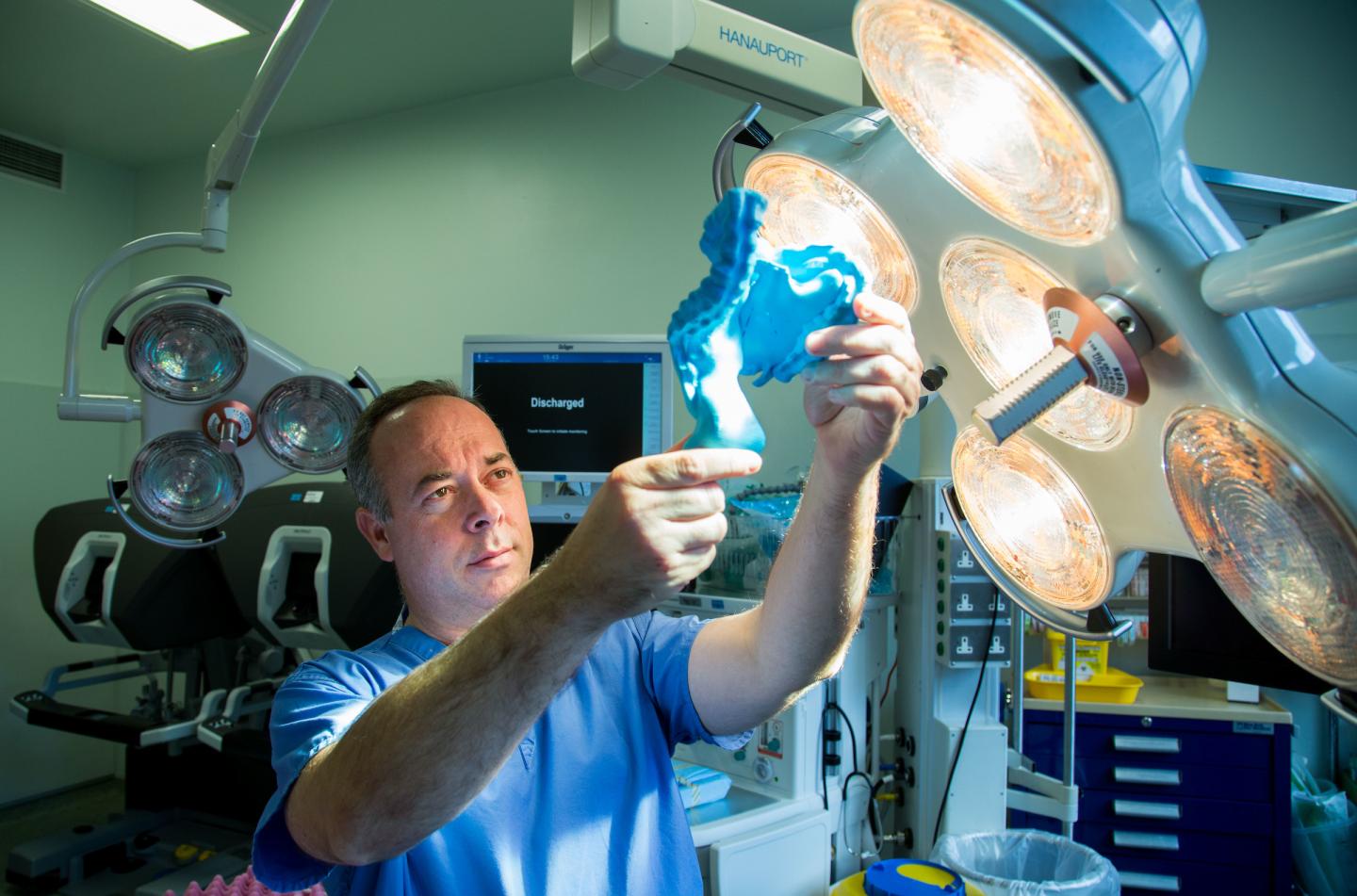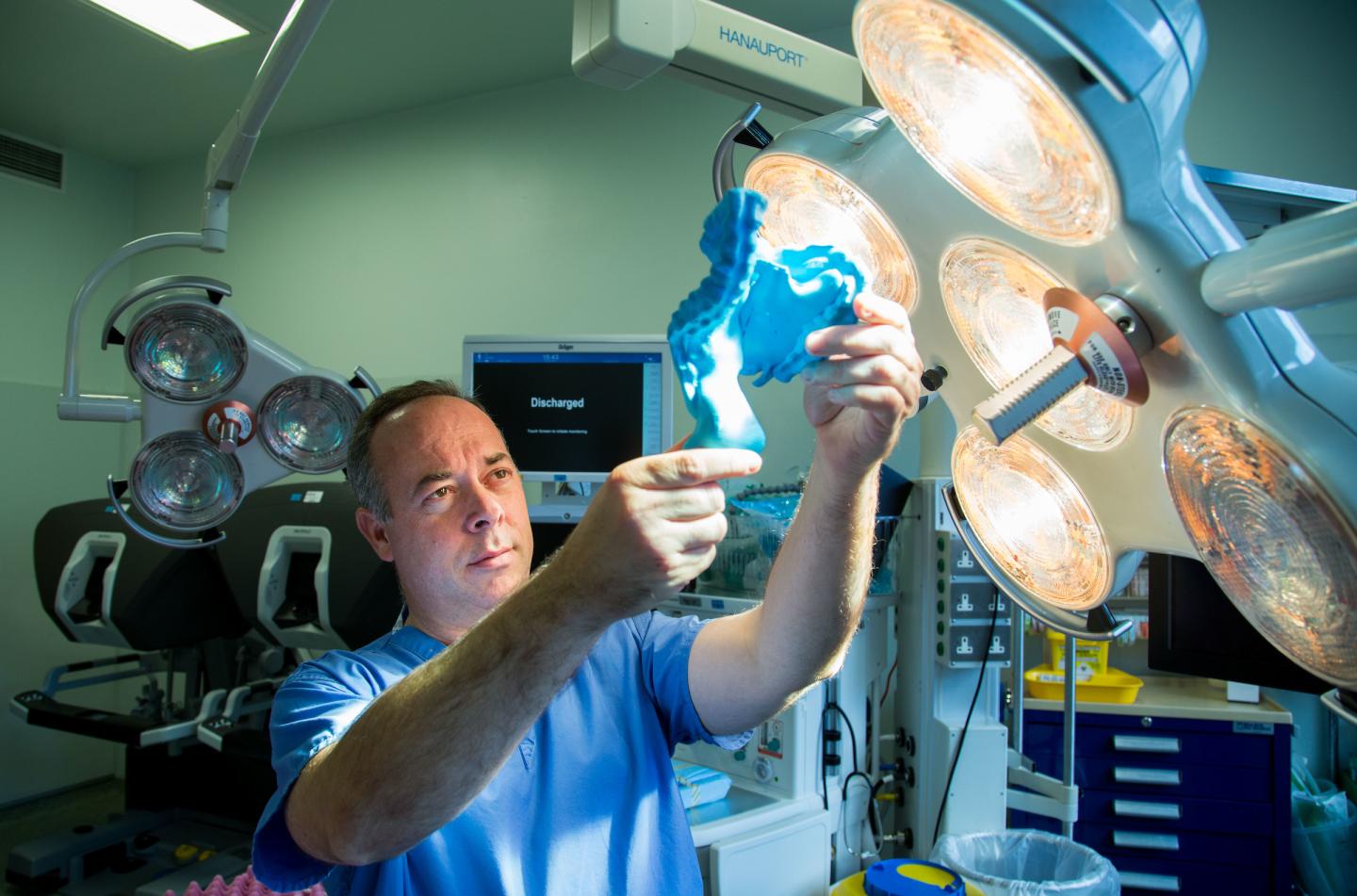
Credit: Picture: Alan Place
A University of Limerick (Ireland) professor has identified an emerging area of science having reclassified part of the digestive system as an organ.
The mesentery, which connects the intestine to the abdomen, had for hundreds of years been considered a fragmented structure made up of multiple separate parts. However, research by Professor of Surgery at UL's Graduate Entry Medical School, J Calvin Coffey, describes the mesentery as one, continuous structure.
In a review published in the November issue of one of the top medical journals, The Lancet Gastroenterology & Hepatology, Professor Coffey outlined the evidence for categorising the mesentery as an organ.
"In the paper, which has been peer reviewed and assessed, we are now saying we have an organ in the body which hasn't been acknowledged as such to date," Professor Coffey stated.
Better understanding and further scientific study of the mesentery could lead to less invasive surgeries, fewer complications, faster patient recovery and lower overall costs.
"When we approach it like every other organ…we can categorise abdominal disease in terms of this organ," professor Coffey said.
According to Professor Coffey, the Foundation Chair of Surgery at UL's Graduate Entry Medical School and University Hospitals Limerick, mesenteric science is its own specific field of medical study in the same way as gastroenterology, neurology and coloproctology.
"This is relevant universally as it affects all of us. Up to now there was no such field as mesenteric science. Now we have established anatomy and the structure. The next step is the function. If you understand the function you can identify abnormal function, and then you have disease. Put them all together and you have the field of mesenteric science…the basis for a whole new area of science," he said.
"During the initial research, we noticed in particular that the mesentery, which connects the gut to the body, was one continuous organ. Up to that it was regarded as fragmented, present here, absent elsewhere and a very complex structure. The anatomic description that had been laid down over 100 years of anatomy was incorrect. This organ is far from fragmented and complex. It is simply one continuous structure," Professor Coffey explained.
Already, medical students around the world are, from this year, learning about the mesentery as a continuous organ, after research by Professor Coffey prompted an update in one of the world's best-known medical textbooks Gray's Anatomy.
###
Media Contact
Nicola Corless
[email protected]
@UL
http://www.ul.ie





